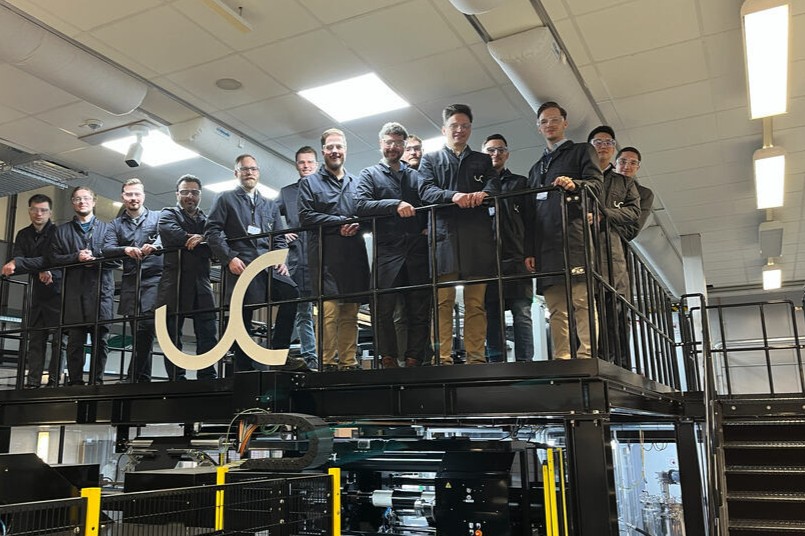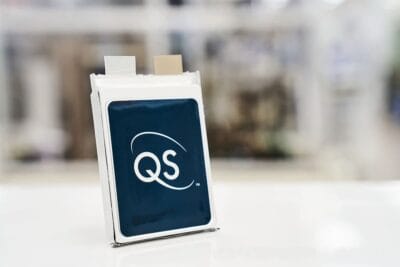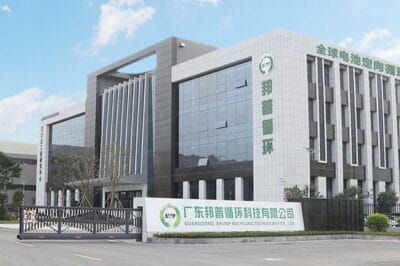German researchers use AI to optimise battery cell production
The goal is to develop a system ‘ that enables production and quality data to be tracked down to individual electrode layers’, Fraunhofer FFB explains. Moreover, the project hopes to optimise the mixing and coating processes for battery cells to increase efficiency and quality. “At the end of the project, machine learning models will make it possible to predict cell quality in early production phases in order to minimize waste and improve material yield,” the research institution states.
Prior to the project, ‘a panel of experts from research and industry’ identified three core areas for TRAICELL to focus on. At the end of the three years, researchers hope to present three near-series prototypes ‘along three scaling stages of battery production.’
“Innovative solutions – including those from digitalized battery cell production – must be transferred from research to industry more quickly,” says PEM Director Professor Achim Kampker. “In future, it will be important to be able to make reliable quality predictions during the forming process in order to reduce production times and detect rejects at an early stage.”
The Fraunhofer Research Institution for Battery Cell Production FFB, the Chair of Production Engineering of E-Mobility Components (PEM) of RWTH Aachen University, German electrode and cell manufacturer UniverCell, BST as a full-service provider of quality assurance systems, and AI developer Merantix Momentum are involved in the project. TRAICELL is funded by the German Federal Ministry of Education and Research.





0 Comments